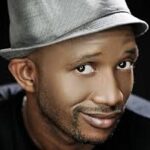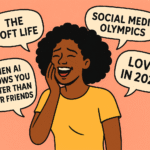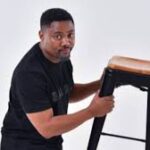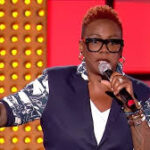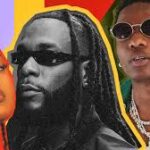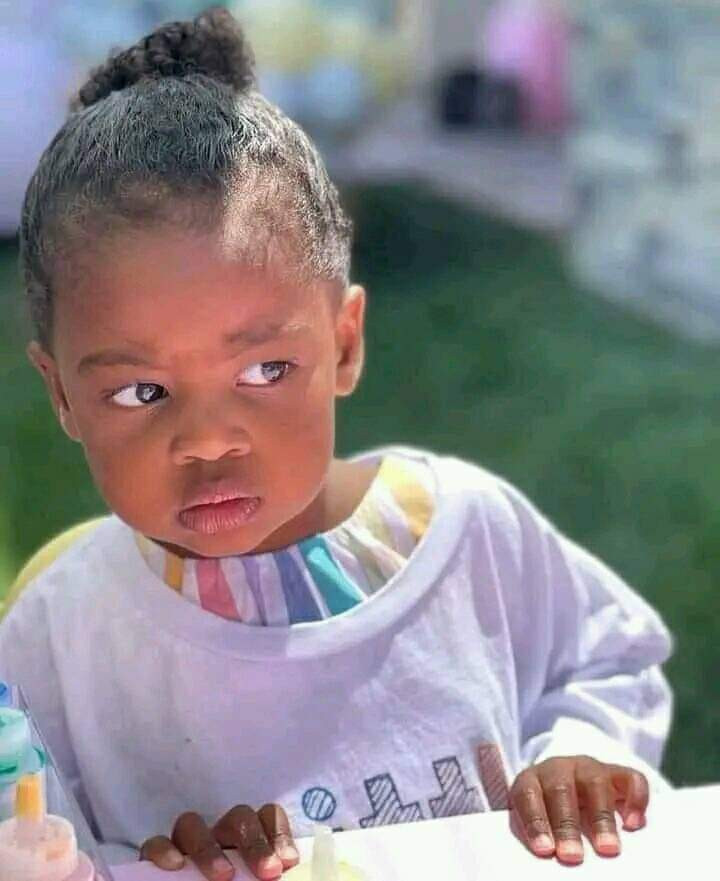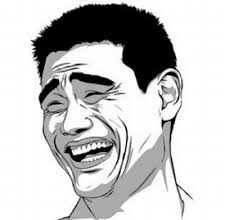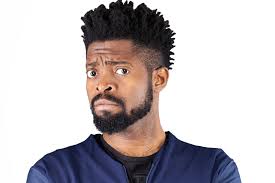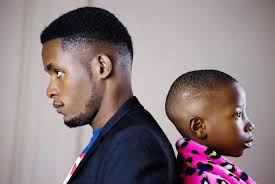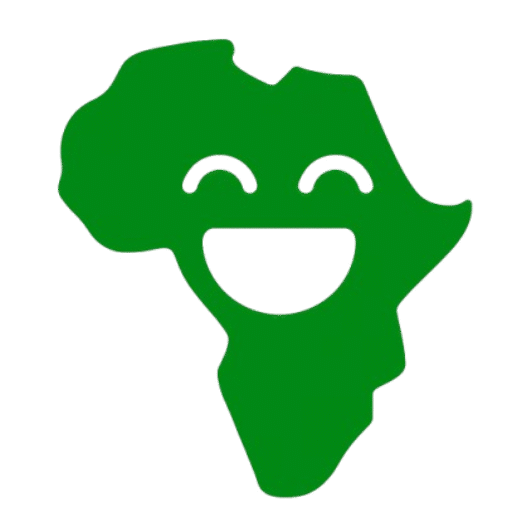Comedy in Africa has evolved from a mere form of entertainment into a significant social tool for raising awareness and fighting against various forms of social injustice. From political corruption to human rights violations, comedians on the continent have increasingly used humor to speak truth to power, challenge societal norms, and inspire social change. In an environment where open dissent is sometimes met with hostility or repression, comedy serves as a powerful, subversive force that can engage audiences and spark important conversations about inequality, oppression, and injustice.
- 1. Political Satire and Social Critique: Challenging Power Structures
- 2. Comedy as a Mirror to Society: Exposing Human Rights Violations
- 3. Using Comedy to Break the Silence on Gender Inequality
- 4. Fighting Stigma Around Mental Health through Humor
- 5. Creating Solidarity and a Platform for the Marginalized
- The Power of Laughter in Fighting Injustice
1. Political Satire and Social Critique: Challenging Power Structures
African comedy, particularly political satire, has been a long-standing tradition for critiquing those in power. With humor as a shield, comedians have challenged corrupt governments, unjust policies, and the mismanagement of public resources. By lampooning political leaders, mocking bureaucratic inefficiencies, and exposing corruption through humor, African comedians have provided the public with a platform to vent their frustrations and reflect on the need for systemic change.
Trevor Noah, for example, has made political satire a central element of his comedy. On his platform, The Daily Show, Noah often draws attention to political injustices in Africa, such as the inequalities perpetuated by apartheid in South Africa. His humor resonates with a global audience and draws sharp comparisons between the injustices of the past and contemporary struggles for justice.
In Nigeria, Basketmouth and Klint da Drunk use their comedy to address the rampant corruption that affects the country’s politics and economy. They have used their platforms to mock politicians, making jokes about the inconsistencies in their promises and the gaps between their words and actions. This kind of humor not only provides catharsis for frustrated citizens but also exposes the flaws in political systems, encouraging people to demand accountability from their leaders.
2. Comedy as a Mirror to Society: Exposing Human Rights Violations
Comedy has the unique ability to expose the often hidden or ignored aspects of society, including human rights abuses. In a continent where human rights violations, such as gender-based violence, exploitation of workers, and police brutality, continue to plague many countries, African comedians are playing an important role in shedding light on these issues.
Loyiso Gola, a South African comedian, often uses his comedy to address issues of racial inequality, corruption, and police brutality. Through his observational humor and satirical style, Gola is able to highlight the absurdities and contradictions within the political and social systems in South Africa. His humor acts as a gateway for audiences to think critically about the government’s role in human rights abuses and the need for reform.
In Nigeria, comedians like Seyi Law and Bovi tackle sensitive topics such as the exploitation of the working class, human rights abuses, and the plight of women and children in rural areas. By addressing these injustices with humor, they make the conversation more accessible to people who might otherwise shy away from discussing such difficult topics.
Humor in this context becomes a tool to both expose injustices and foster empathy, encouraging people to understand the severity of these issues while engaging with them in a non-threatening, digestible manner.
3. Using Comedy to Break the Silence on Gender Inequality
One of the most powerful ways in which African comedy combats social injustice is through its role in addressing gender inequality. In many African societies, women and girls continue to face systemic discrimination, gender-based violence, and limited access to education and opportunities. Comedians are increasingly using humor to challenge these norms, break taboos, and promote gender equality.
Tumi Morake, a South African comedian, has become a leading voice in the movement for women’s rights in Africa through her comedy. She frequently uses her routines to address the challenges women face in the workplace, at home, and in the political sphere. Her humor exposes the gender biases embedded in African culture and promotes a vision of gender equality that resonates with both women and men.
In Nigeria, comedians like Funke Akindele and Titi Kuti have used humor to challenge societal expectations of women, especially in the context of marriage, motherhood, and career. By pointing out the contradictions in how women are treated compared to men, these comedians spark important conversations about the need for greater gender equity. Humor, in this case, serves as both a mirror and a tool for social change, encouraging individuals to reconsider their gender norms and take action for equality.
4. Fighting Stigma Around Mental Health through Humor
Mental health is an area where significant stigma still exists across Africa, with many individuals hesitant to talk about their struggles or seek help due to fear of social ostracization. However, African comedians have increasingly used humor as a way to break down these barriers, normalize discussions about mental health, and encourage people to prioritize their well-being.
Trevor Noah, for example, has been open about his own struggles with mental health, using his platform to discuss how trauma, depression, and anxiety have affected him. He uses humor to show the human side of mental health challenges, allowing his audience to feel less isolated and more empowered to seek help.
Similarly, Nigerian comedian Fola Alabi has spoken candidly about the mental health issues people face in Africa, particularly the taboo surrounding depression and anxiety. He has used his comedy to open up discussions about mental health care, raising awareness of the resources available for those in need. By incorporating mental health issues into his comedy, Alabi has made these conversations more accessible to people who might otherwise shy away from them.
5. Creating Solidarity and a Platform for the Marginalized
In addition to highlighting specific injustices, African comedians play a key role in building solidarity among marginalized communities. Comedy provides a platform for voices that are often ignored or silenced by mainstream media and political elites. By giving these groups visibility and voice, African comedians foster unity, strength, and the collective power needed to bring about social change.
Comedians like Michael Blackson and Eddie Kadi use their platforms to represent the African diaspora and offer a perspective that is often overlooked in mainstream media. By doing so, they create space for African communities to come together and discuss shared struggles, creating a sense of belonging and empowerment.
In a similar vein, Mark Angel and Emmanuella, whose comedy sketches are hugely popular across Nigeria and beyond, use humor to highlight the challenges faced by young people and children in Africa. Through their skits, they expose the realities of poverty, lack of access to education, and social mobility, offering a voice to those who are often not heard.
The Power of Laughter in Fighting Injustice
In Africa, comedy is much more than just a source of entertainment. It is a powerful tool for social change, a way to address injustice, and a means of empowering marginalized groups. From political satire to raising awareness about gender inequality and mental health, African comedians are using their craft to fight for justice and equality.
By making people laugh, African comedians are also making them think, inspiring reflection, dialogue, and, ultimately, action. Comedy can break down the walls that silence difficult conversations, challenge entrenched norms, and mobilize society toward collective action. As Africa continues to grapple with complex social issues, comedy will remain a vital force in the ongoing fight for justice.
If you’ve been inspired by the role comedy is playing in addressing social injustice, consider supporting African comedians who use their platforms to fight for change. Share their content, engage with their messages, and participate in the conversations they spark. Together, we can harness the power of laughter to create a more just and equitable world.




